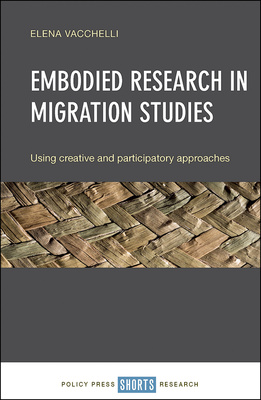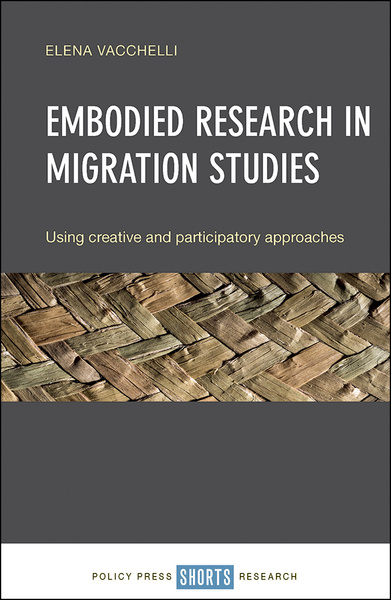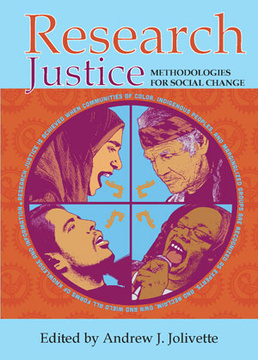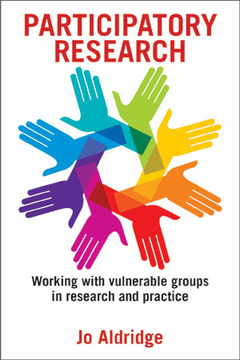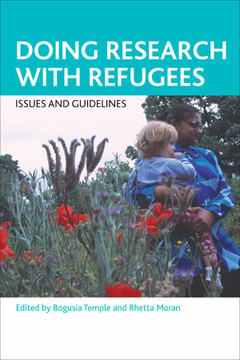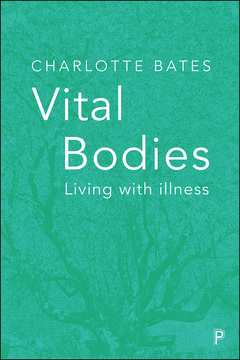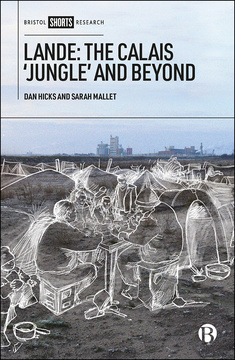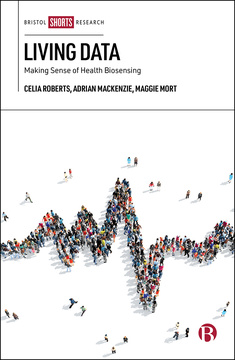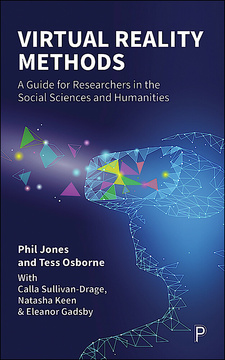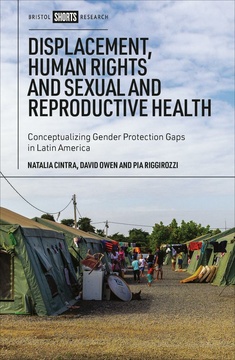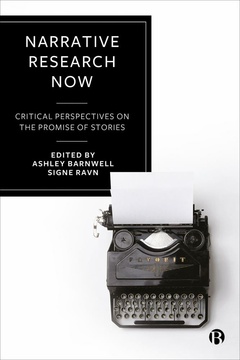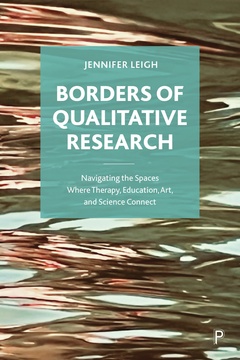Embodied Research in Migration Studies
Using Creative and Participatory Approaches
By Elena Vacchelli
Published
Jul 4, 2018Page count
120 pagesISBN
978-1447339069Dimensions
198 x 129 mmImprint
Policy PressPublished
Jul 4, 2018Page count
120 pagesISBN
978-1447339083Dimensions
Imprint
Policy PressPublished
Jul 4, 2018Page count
120 pagesISBN
978-1447339090Dimensions
Imprint
Policy PressThe definition of data in qualitative research is expanding. This book highlights the value of embodiment as a qualitative research tool and outlines what it means to do embodied research at various points of the research process. It shows how using this non-invasive approach with vulnerable research participants, such as migrant, refugee and asylum seeking women can help service users or research participants to be involved in the co- production of services and in participatory research.
Drawing on both feminist and post-colonial theory, the author uses her own research with migrant women in London, focusing specifically on collage making and digital storytelling, whilst also considering other potential tools for practicing embodied research such as yoga, personal diaries, dance and mindfulness. Situating the concept of ‘embodiment’ on the map of research methodologies, the book combines theoretical groundwork with actual examples of application to think pragmatically about intersectionality through embodiment.
Dr. Elena Vacchelli is a Senior Lecturer in Sociology at the University of Greenwich, London specialising in migration and urban studies from a gendered perspective and has published a wide range of articles, special issues and policy reports on these themes. Her research interests include creative and participatory research tools for working with marginalised groups.
Introduction
Beyond phenomenology: embodiment in qualitative research
Doing embodied research: participatory and creative approaches
Collage-making with migrant, refugee and asylum-seeking women
Digital embodiments: a two-day workshop with migrant women
Conclusions







